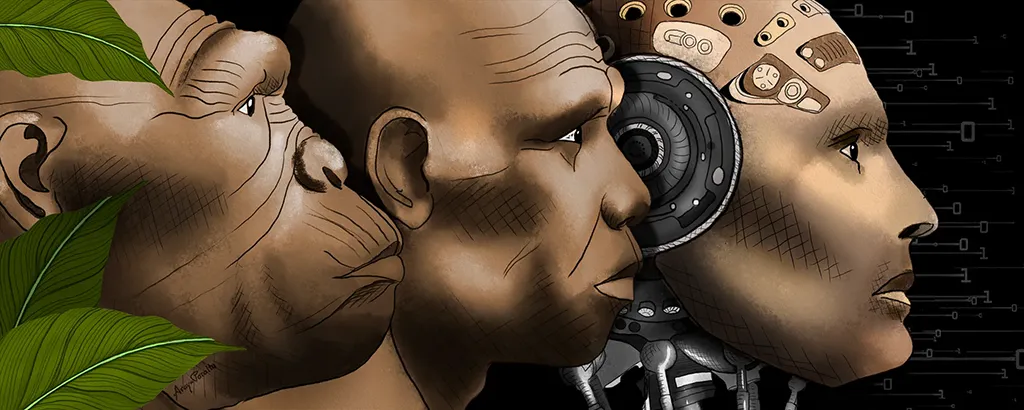
I have been busy the last several months. We hear talk of the fourth industrial revolution, how things are speeding up to the point where we feel we are losing control of technological advancement, or that we certainly can’t keep on top of the accelerating change in all of the different areas of technology. I thought I would document my personal experience of it, to help gain clarity myself and hopefully to help a few others do so as well.
So what does it feel like living in this age of rapid technological change? To me, it feels like what I alluded to above, a sort of loss of control, of hope that we, as society, will ever be able to keep up with change from this point on. So many technologies, all accelerating, all on their own exponential growth curves. As well-known futurist, Ray Kurzweil opined, once a domain becomes digital, it immediately starts to see exponential growth. New areas that have become digital include biology (genomics, drug discovery, synthetic), commerce (ecommerce, banking, blockchain), art (music, visual, language), journalism, transportation, even science. So, we are truly in the age of exponential growth, hurtling towards a technological singularity, or perhaps, as some say, we have already passed this point – sometimes, to me, it sure feels like it.
All of this was confirmed at the most recent Deep Learning Lab Meetup held in London, on the topic of emerging technologies. We had three speakers all presenting on emerging technologies, followed by a thirty-minute panel discussion where the speakers along with the audience had a chance to voice their opinions and concerns about what they had heard in the presentations, and the perceived impacts of all this emerging technology in general. I presented first on how we are understanding and moving towards building artificial general intelligence (AGI). My conclusion is that we already have all we need in terms of theory, hardware, software and data sets, and that we “just” need to build out and deploy the libraries on suitable hardware. Please view the presentation to see if you agree or disagree – I’d love to hear your thoughts.
Next up was James Field, the CEO and Founder of Lab Genius, a very interesting startup focussing on using AI to discover and build synthetic biological molecules, as well as to automate the process. It was a truly inspiring talk, with a nice overview of the field of synthetic biology in general, and what Lab Genius are doing in particular in order to “harness evolution” using AI. You can find out more about what they are up to on their website. Following James, Lawrence Lundy from Outlier Ventures, gave a great talk on how he (and Outlier Ventures) saw all of these emerging technologies interacting together in a decentralised way, along with the social and political changes that he foresees happening as a consequence, and what will be needed to steer these changes in the right direction. One whereby society is positively impacted rather than negatively amidst all of this tech disruption. Further details can be found on the Outlier Ventures website and by reading their latest Vision Paper, The Convergence Ecosystem.
Lastly, the panel session hosted by Alexander Pluke, Founder and CEO of Additive Flow, a machine learning powered 3D printing company, inspired some very interesting questions and commentary both from Alex and the audience. Concerns of powerlessness over the observed technological changes were definitely prevalent from the audience, and the questions and comments reflected this. The three tech entrepreneurs in the panel along with myself, offered that together we can steer the technological advancements through thoughtful engagement of government, business, academia and the wider community at large. It was agreed that everyone will be impacted by this revolution, so all voices will need to be heard. My thoughts were that AGI/ASI will enable us to become more human, not less. All in all, a very thought provoking evening with lots of information to think about, from a technological standpoint, but perhaps, more importantly, from a social, political, ethical and economic standpoint as well.
